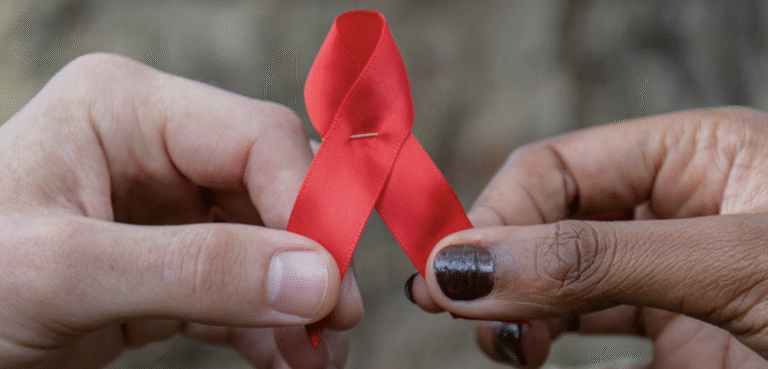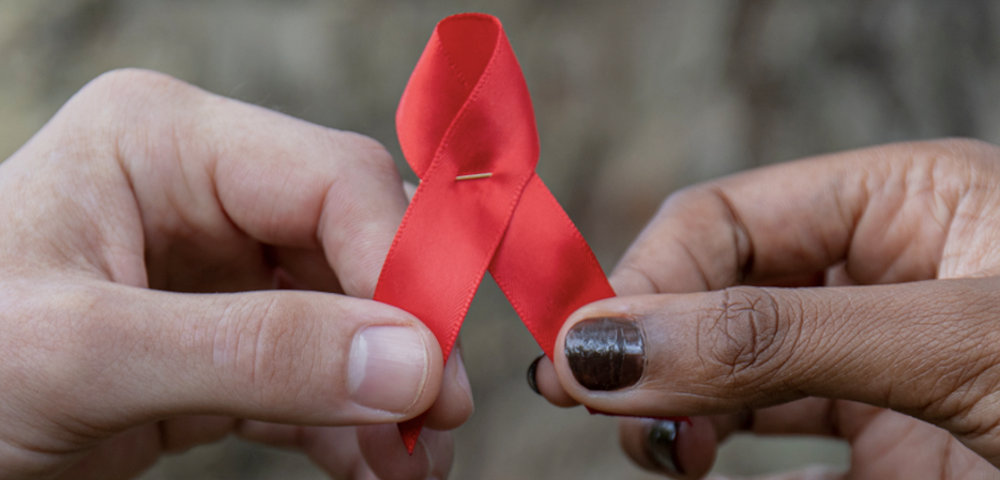
Stigma remains an issue
ROBERT BURTON-BRADLEY
A new report has revealed that stigma continues to affect people living with HIV/AIDS. The results from the HIV Stigma Audit: Community Report, undertaken over the last two years by the National Association of People Living with HIV/AIDS (NAPWA), described the level of stigma as “moderate” and found heterosexual men and women tended to suffer higher rates of stigmatisation.
“What we found is both encouraging and challenging,” wrote the authors of their findings.
“We were encouraged by the many signs of resilience among people with HIV.
“Despite this major life challenge, most are getting on with leading fulfilling lives and bounce back from setbacks when they arise.”
The report found a number of areas which presented obstacles for people living with HIV/AIDS.
“Some of the challenges include ongoing stigma in many areas of life that we usually turn to for support: our sexual partners and our communities. The media was also singled out as an ongoing source of stigma.”
The report found that there were two ways in which most people managed HIV/AIDS; the first was to control disclosure and who learnt about the condition.
“This gives people with HIV an advantage in choosing the circumstances in which they disclose. The people who fare best are those who strike a balance between revealing their status to supportive individuals while keeping it confidential in relation to the broader world,” it said.
“For these people, HIV is regarded as personal but not secret.”
The second strategy identified involved a mix of strong social networks, seeking support from the HIV community and minimising the extent to which HIV is considered important to one’s own identity.
Key recommendations included a rethink of health laws, such as in NSW, which require a person to disclose their status before sexual activity. Instead it was recommended that a person take reasonable precautions to prevent transmission, instead of being forced to disclose their status, and a rethink of national approaches to dealing with HIV such as a renewed focus on quality of life.
Another area singled out was the role of the media in perpetuating negative attitudes towards HIV.










